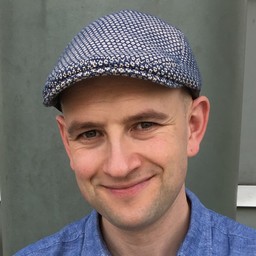| Prof Tom Ellis (Imperial College London) |
| Fri 18 Oct 2019, 12:00 - 13:00 |
| C.H Waddington Building, Seminar room 1.08, King's Building's |
If you have a question about this talk, please contact: Julie Fyffe (jfyffe)

Synthetic biology applies engineering principles to the genetic modification of cells in order to help understand biology and produce living biotechnologies where cells perform valuable new functions. By treating sets of DNA sequences as modular parts, it becomes possible to reprogram cells to make, sense and do a variety of different things. Our group uses Baker’s yeast (S. cerevisiae) as a host for advanced DNA-based engineering and have converted this microbe into a biological sensor for chemicals and hormones, and into a cell factory to produce drugs, antibiotics and additives. But we can now go beyond this by bringing in other microbes. We have synthetically recreated the yeast-bacteria relationship seen naturally in Kombucha tea fermentation, and are now able to use this co-culture to produce new nanocellulose-based materials that grow with DNA-programmed functionalities in their cells. Our engineering living materials sense light, hormones and chemicals and can have catalytic activities in response.


